Black filmmakers win top two spots at Sundance for first time in history
For the first time in Sundance Film Festival history, Black directors won the top grand jury prizes for U.S. Dramatic... The post Black filmmakers win top two spots at Sundance for first time in history first appeared on NABJ Black News & Views.
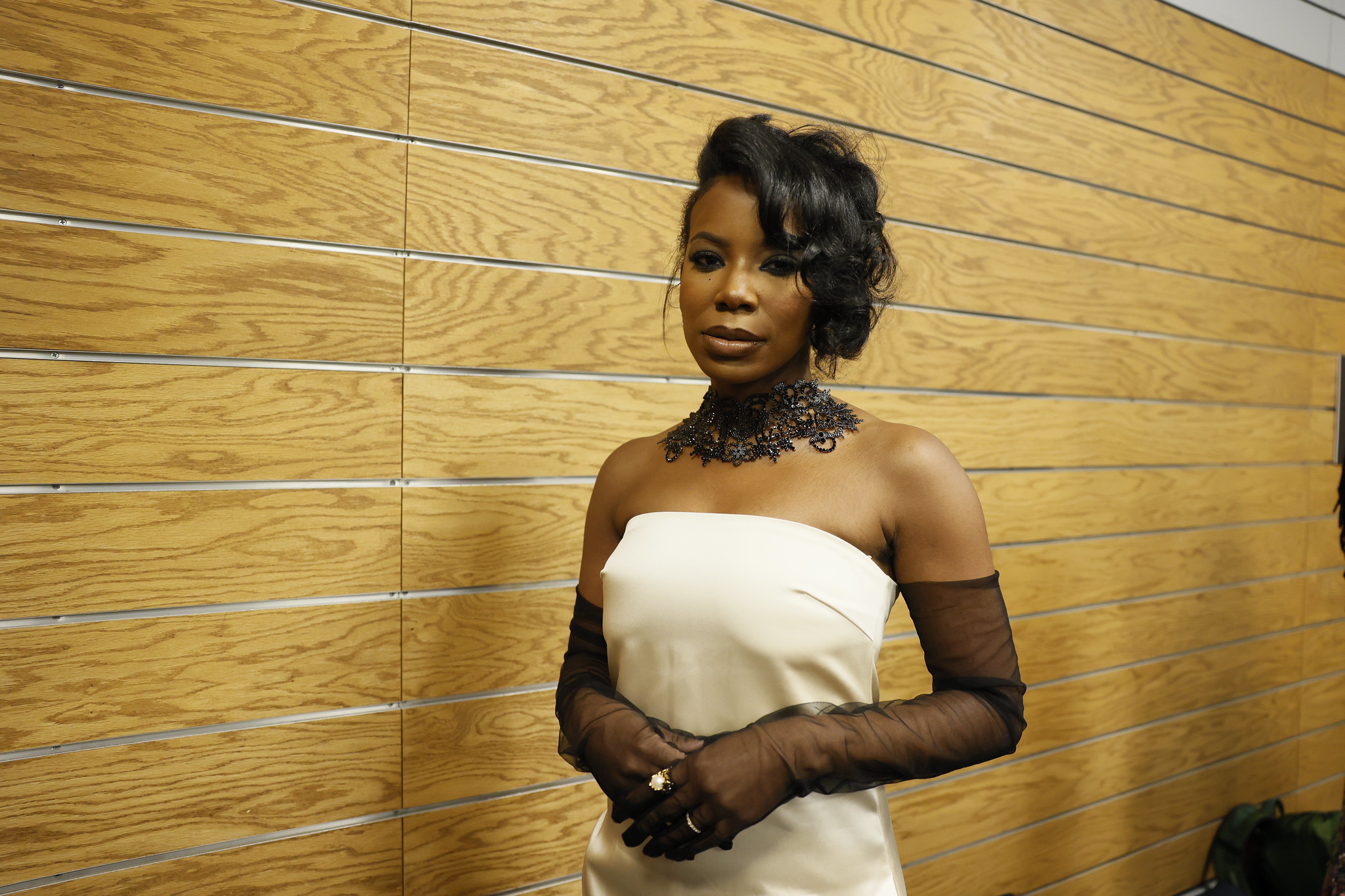

For the first time in Sundance Film Festival history, Black directors won the top grand jury prizes for U.S. Dramatic Feature and U.S. Documentary Feature in the same year. This milestone was achieved at the 46th annual Sundance Film Festival, which took place from January 19 to January 29, 2023, in Park City, Utah.
The festival has long been a launching pad for several movies that go on to win Academy Awards, and is considered one of the world’s best festivals for discovering new filmmaking talent. In an industry where Black directors are still a small percentage of winners of prestigious movie awards, what does winning a top award at Sundance really mean for a Black filmmaker?
Opportunities for these Sundance-winning directors look very different along gender lines. Black male directors who have won top Sundance prizes often get offers for big-budget projects, and they receive Oscar nominations, while Black female directors usually stay in the low-budget independent film world, and they rarely receive Oscar nominations.
“A Thousand and One,” a gritty New York City drama that is the feature-film debut of writer/director A.V. Rockwell, won the U.S. Dramatic Feature award (the festival’s top prize) at the 2023 Sundance Film Festival. Rockwell is the third Black female director in Sundance history to win this award. In “A Thousand and One,” which takes place from 1993 to 2005, Teyana Taylor stars as an ex-con who doesn’t want her son to remain in foster care, so she kidnaps him and changes his identity. Focus Features will release “A Thousand and One” on March 31.
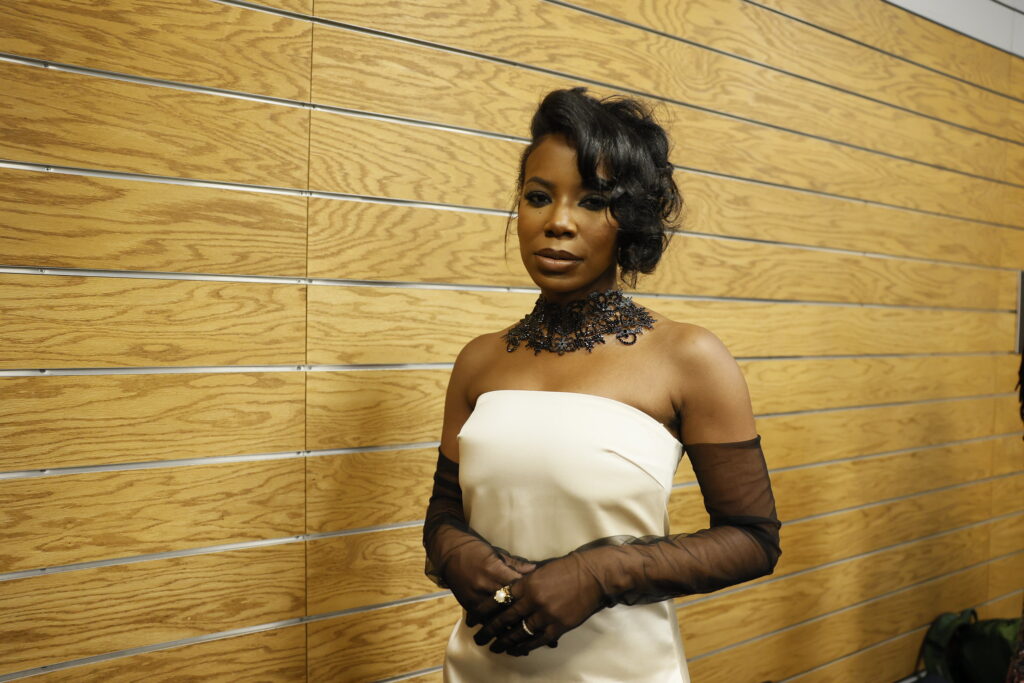
“Going to Mars: The Nikki Giovanni Project,” directed by Joe Brewster and Michèle Stephenson, won the 2023 Sundance grand jury prize for U.S. Documentary Feature. The movie is a candid portrait of American civil rights activist/poet Nikki Giovanni, who first rose to fame during the Black Power movement of the late 1960s and early 1970s. Giovanni participated in this documentary, which also includes interviews with her colleagues, family members, and other admirers. As of this writing, “Going to Mars: The Nikki Giovanni Project” is seeking distribution.
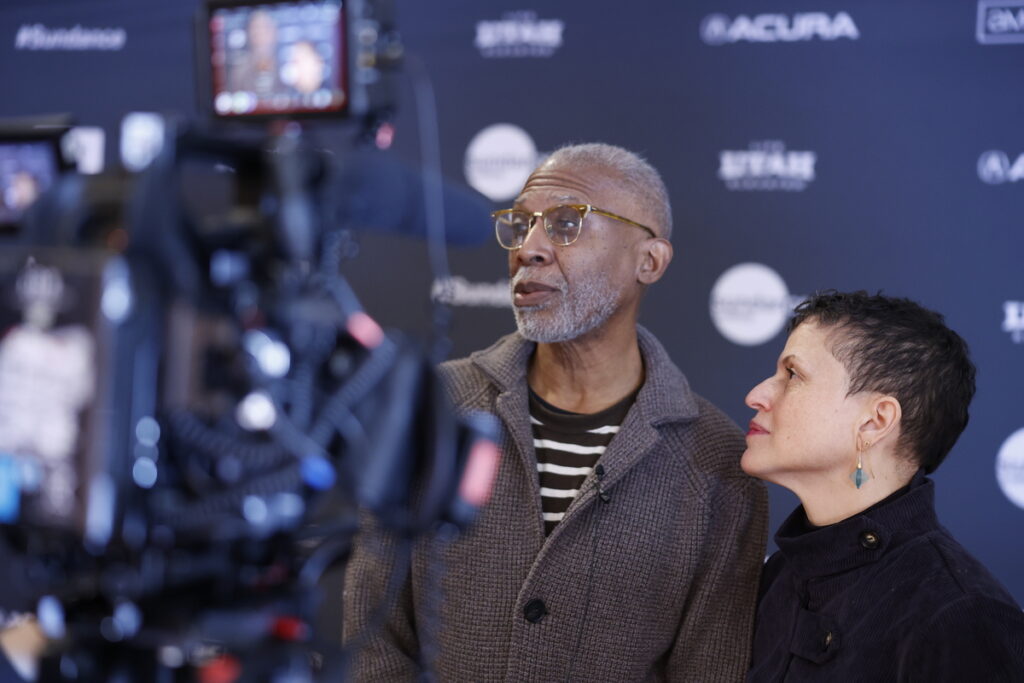
In an interview with the Sundance Institute (the nonprofit group behind the Sundance Film Festival), Stephenson commented on the movie’s experimental format, which uses a lot of outer-space imagery: “We were intentional about how do we best represent the impact and the power of her words. And for us, that meant, pushing the boundaries of the [documentary] form itself. It’s really this dreamscape of not just the power of storytelling, but a reimagining of ways to look at our history, but also ways of processing our moments of own pain and overcoming.”
It remains to be seen what will happen to the careers of Rockwell, Brewster, and Stephenson after their Sundance victories. There have been varying results for the previous Black winners of Sundance’s top grand jury prizes for U.S. films.
In 1990, “Chameleon Street” director Wendell B. Harris Jr. became the first Black filmmaker to win Sundance’s grand jury prize for U.S. Dramatic Feature. It’s the only movie he has written and directed. Harris starred in “Chameleon Street” as William Douglas Street Jr., a real-life con artist from Detroit. Harris’ movie career has since become stagnant: His only other movie credits are as an actor, appearing in 1998’s “Out of Sight” and 2000’s “Road Trip.” What happened to Harris’ once-promising movie career?
In a 2021 interview with The Film Stage, Harris commented: “Sundance has always been interested in supporting independent filmmakers. That does not follow in Hollywood. They’re interested in taking ideas that might be inspired by an independent film, but as far as letting independent filmmakers be welcomed into the Hollywood bowl, that is usually not the case. It certainly was not the case for me.”

The other Black male directors who’ve won Sundance’s grand jury prize for U.S. Dramatic Feature have since gone on to much commercial success. In 2009, director Lee Daniels received numerous accolades for “Precious: Based on the Novel ‘Push’ by Sapphire,” starring Gabourey Sidibe as an abused teen. “Precious” subsequently got nominated for six Oscars (including Best Picture, Best Director, and Best Actress), with Mo’Nique winning the Oscar for Best Supporting Actress. Daniels continued to direct films, but in recent years, he has been doing more work in television, most notably as one of the creators of Fox’s “Empire” drama series, which was on the air from 2015 to 2020.
In 2013, Ryan Coogler won Sundance’s top prize for “Fruitvale Station,” based on the true story of Oscar Grant, a 22-year-old unarmed African American who was killed by a police officer in Oakland, California, in 2009. Michael B. Jordan, who starred in “Fruitvale Station” as Grant, has been in several other Coogler-directed movies. “Fruitvale Station” didn’t get any Oscar nods, but Coogler has since gone on to direct movie blockbusters that include 2015’s “Creed,” 2018’s “Black Panther” and 2022’s “Black Panther: Wakanda Forever.” Coogler has also been nominated for two Oscars so far in his career: Best Picture (for being one of the producers of 2021’s “Judas and the Black Messiah”) and Best Original Song (for co-writing “Lift Me Up” for “Black Panther: Wakanda Forever.”)
As part of its first Opening Night: A Taste of Sundance event for the Sundance Film Festival this year, the Sundance Institute awarded Coogler with the inaugural Sundance Institute/Variety Visionary Award. According to a Sundance press release: “The award recognizes a notable Sundance Institute alumni who is deeply connected to the organization and its programs, and has proceeded to establish an extraordinary career that personifies a unique perspective embodying a commitment to impactful storytelling.”
In 2019, Chinonye Chukwu became the first Black female director to win Sundance’s grand jury U.S. Dramatic Feature award, for “Clemency,” a drama starring Alfre Woodard as a prison warden having a personal morality crisis about the death-penalty execution of an inmate, played by Aldis Hodge. The movie had a limited release in theaters and was passed over for Oscar nominations. Also getting snubbed for Oscar nods was Chukwu’s 2022 movie “Till,” a drama about civil rights activist Mamie Till-Mobley, the mother of hate-crime murder victim Emmett Till.
In 2021, Ahmir “Questlove” Thompson became the first Black director to win Sundance’s grand jury prize for U.S. Documentary Feature. He did so with his feature-film directorial debut, “Summer of Soul (…Or, When the Revolution Could Not Be Televised),” a chronicle of the impact and legacy of the 1969 Harlem Cultural Festival, which featured performers such as Stevie Wonder, Sly and the Family Stone, Mahalia Jackson, Gladys Knight and the Pips, B.B. King, and Nina Simone. “Summer of Soul,” which had a limited theatrical release before premiering on Disney+ and Hulu, went on to win numerous other awards, including an Oscar for Best Documentary Feature. Thompson’s next film as a director is a still-untitled documentary about Sly Stone.
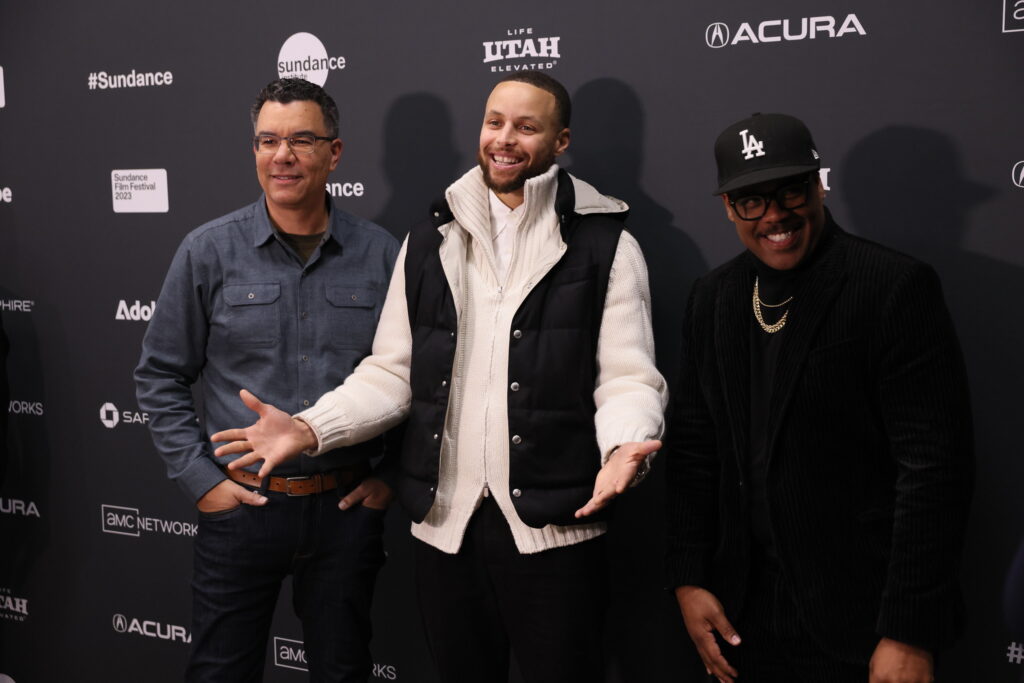
In 2022, filmmaker Nikyatu Jusu’s horror film “Nanny” became the second movie directed by a Black woman to win Sundance’s grand jury U.S. Dramatic Feature award. “Nanny” is also the first horror film to win this Sundance prize. In the movie (which is Jusu’s first feature film), Anna Diop portrays a Senegalese immigrant who has nightmarish visions during her employment as a nanny for an affluent New York City family. “Nanny” was released in select U.S. theaters before the movie premiered on Prime Video. “Nanny” didn’t receive any Oscar nominations, although the Academy of Motion Picture Arts and Sciences generally tends to snub horror movies for Oscar recognition.
With or without Oscar nominations, Jusu’s career is showing great promise. After winning the top Sundance prize, she signed a deal with Universal Pictures and Monkeypaw Productions (the production company of Jordan Peele, whose Oscar-winning film “Get Out” premiered at Sundance in 2017) to make a feature film out of her short film “Suicide by Sunlight,” which is about Black vampires whose skin melanin helps them be protected from the sun. The “Suicide by Sunlight” short film premiered at the 2019 Sundance Film Festival. Jusu is also helming a remake of director George Romero’s 1968 zombie movie “Night of the Living Dead.” Release dates are to be announced for Jusu’s next two feature films. This year, Jusu was one of the honorees at the Sundance Film Festival’s Opening Night: A Taste of Sundance event, where she was given the Vanguard Award for fiction.
The Black winners of Sundance’s Directing Award, U.S. Dramatic, have had mixed results since their Sundance wins. Ava DuVernay won the prize in 2012 for “Middle of Nowhere.” She has since gone on to direct the 2016 documentary “13th,” for which she won an Emmy Award and was nominated for an Oscar. DuVernay has also directed the 2014 drama “Selma” (which won an Oscar for Best Original Song) and the 2018 big-budget fantasy movie “A Wrinkle in Time.” She has been an executive producer of TV shows, most notably, OWN’s “Queen Sugar.” Meanwhile, Radha Blank won the same prize in 2020 for the comedy/drama “The 40-Year-Old Version,” which was released by Netflix but passed over for Oscar nominations. There is currently no news on what Blank’s next project will be.
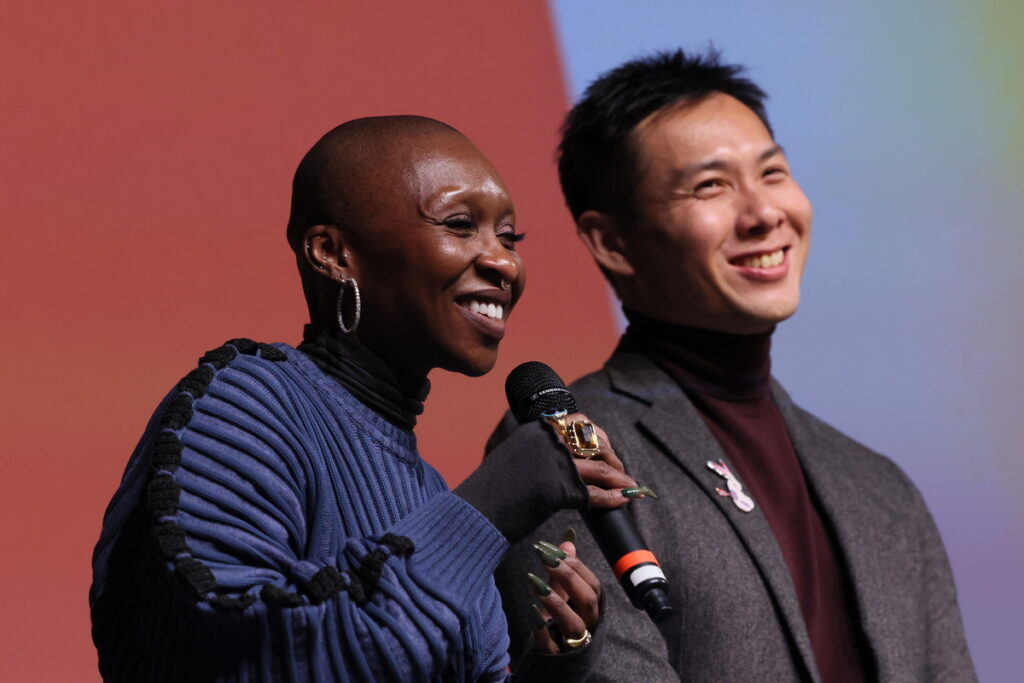
The Black winners of Sundance’s Directing Award: U.S. Documentary are Roger Ross Williams, who won for “Life, Animated” in 2016, and Garrett Bradley, who won for “Time” in 2020. “Life, Animated” and “Time” were both Oscar-nominated for Best Documentary Feature. Williams (who won an Oscar for directing the 2010 documentary short film “Music by Prudence”) has since gone on to direct numerous TV shows and movies, including the 2019 Emmy-winning documentary “The Apollo.” Bradley has yet to follow up her Sundance-winning “Time” with another movie. Bradley’s most recent projects have been directing episodes of two Netflix documentary miniseries: 2020’s “Trial by Media” and 2021’s “Naomi Osaka.”
Although the opportunities for Black women directors who win top Sundance prizes seem to be harder to come by than the opportunities for their Black male director counterparts, that doesn’t mean that Black women directors should feel any less worthy.
“Nanny” director Jusu recently commented to Variety about her self-worth as a filmmaker: “I trust my ability fervently. I do not trust the system. The Oscars are nowhere near my center—never have been. However, we are navigating an industry that thrusts this very subjective, very hazy, very exclusionary barometer of supposed excellence on us in order to be perceived as ‘pedigreed’ or a serious artist. I never believed I was genuinely in contention for the Oscars, but the brazenness of omitting work from the talented Black women around me this year is indicative of institutional racism and sexism. More people should familiarize themselves with the term misogynoir.”
The post Black filmmakers win top two spots at Sundance for first time in history first appeared on NABJ Black News & Views.







